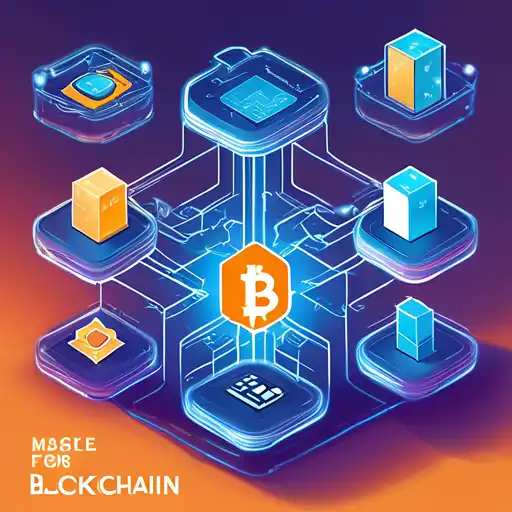What Is Blockchain?
Blockchain technology is a digital ledger that records transactions across many computers in such a way that the registered transactions cannot be altered retroactively. This technology is the backbone of cryptocurrencies like Bitcoin, but its potential applications extend far beyond digital currencies.
How Does Blockchain Work?
At its core, a blockchain is a chain of blocks, where each block contains a list of transactions. Each block is connected to the previous one through a cryptographic hash, forming a chain. This structure ensures the integrity of the entire blockchain.
Benefits of Blockchain Technology
Blockchain offers numerous advantages, including:
- Decentralization: Unlike traditional ledgers, blockchain does not rely on a central authority.
- Transparency: All transactions are visible to all participants, ensuring trust.
- Security: Cryptographic hashing makes blockchain highly secure against fraud.
- Efficiency: Blockchain can streamline processes by eliminating intermediaries.
Blockchain Beyond Cryptocurrency
While blockchain is synonymous with cryptocurrency, its applications are vast. Industries like healthcare, finance, and supply chain management are exploring blockchain for secure and efficient solutions.
Getting Started with Blockchain
For beginners interested in blockchain, here are some steps to start:
- Learn the basics of blockchain and how it works.
- Explore different blockchain platforms like Ethereum and Hyperledger.
- Experiment with small transactions or smart contracts to understand the technology hands-on.
- Join blockchain communities to stay updated on the latest trends and developments.
Blockchain technology is revolutionizing how we think about digital transactions and trust. By understanding its fundamentals, you can be part of this transformative wave.
For more insights into digital currencies, check out our guide on Cryptocurrency Basics.
